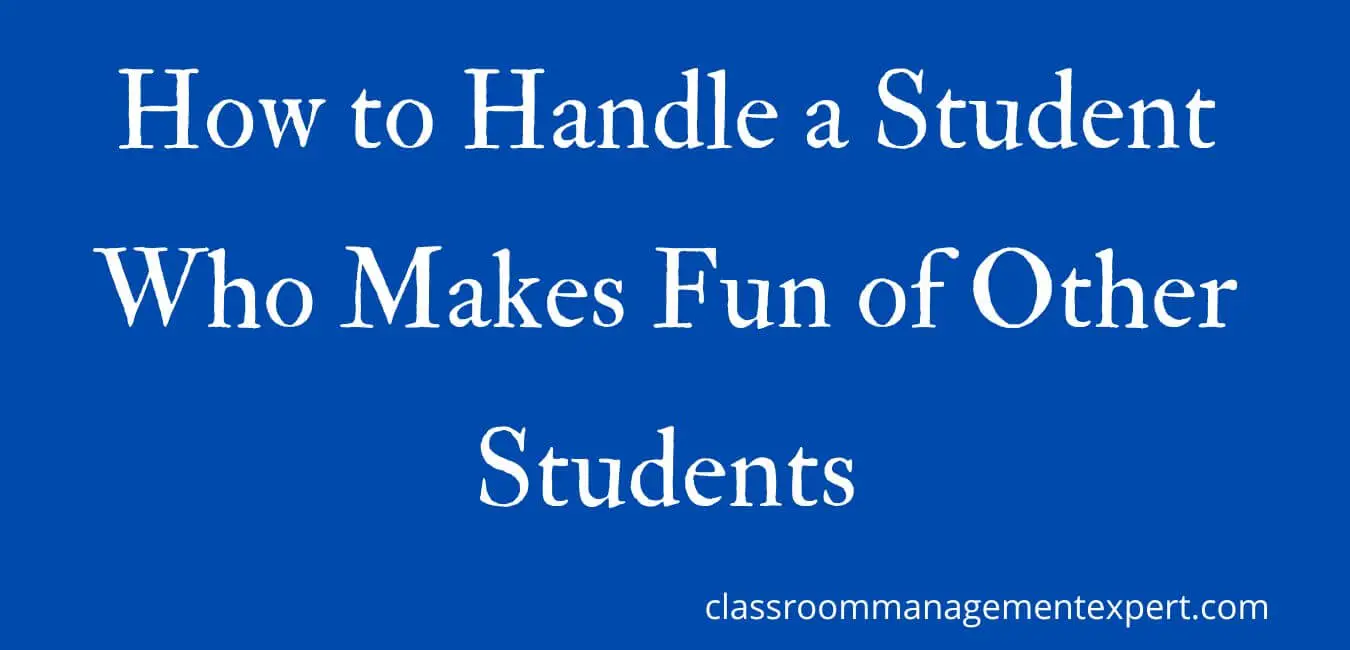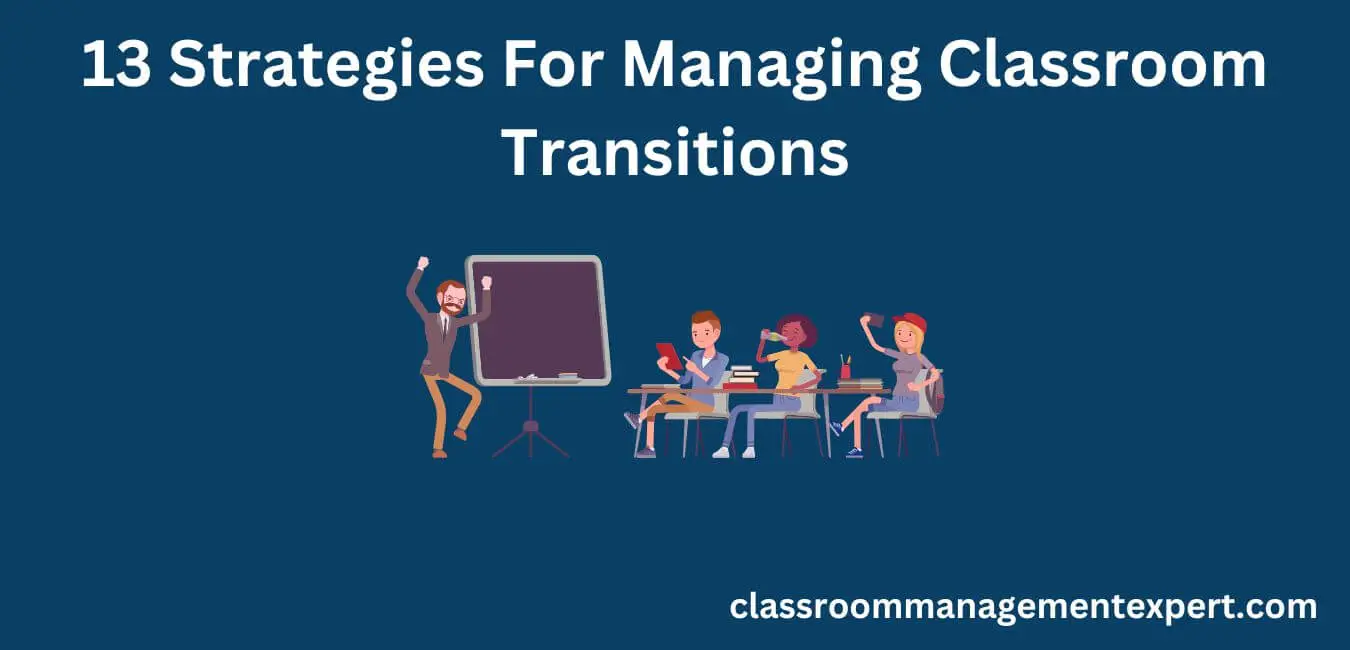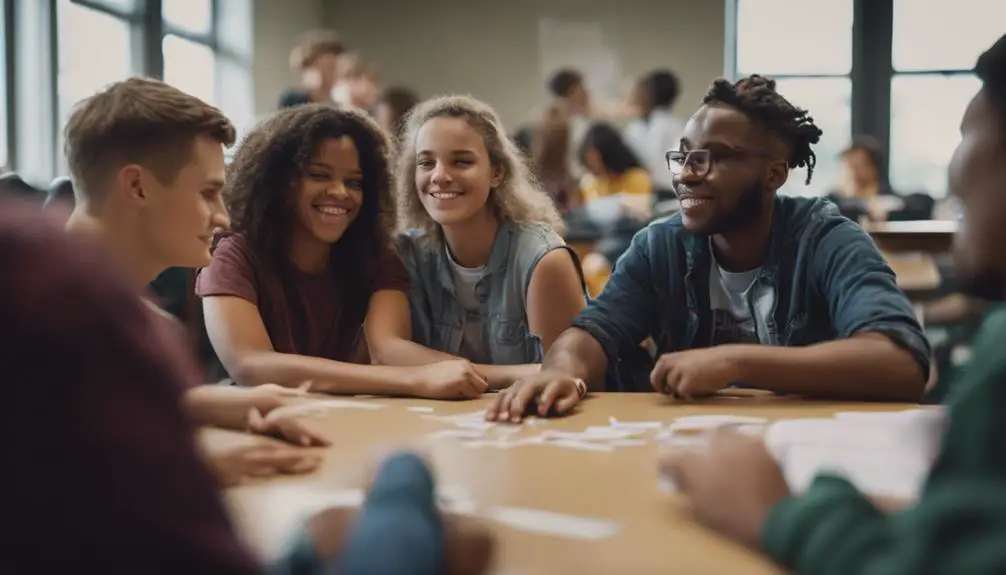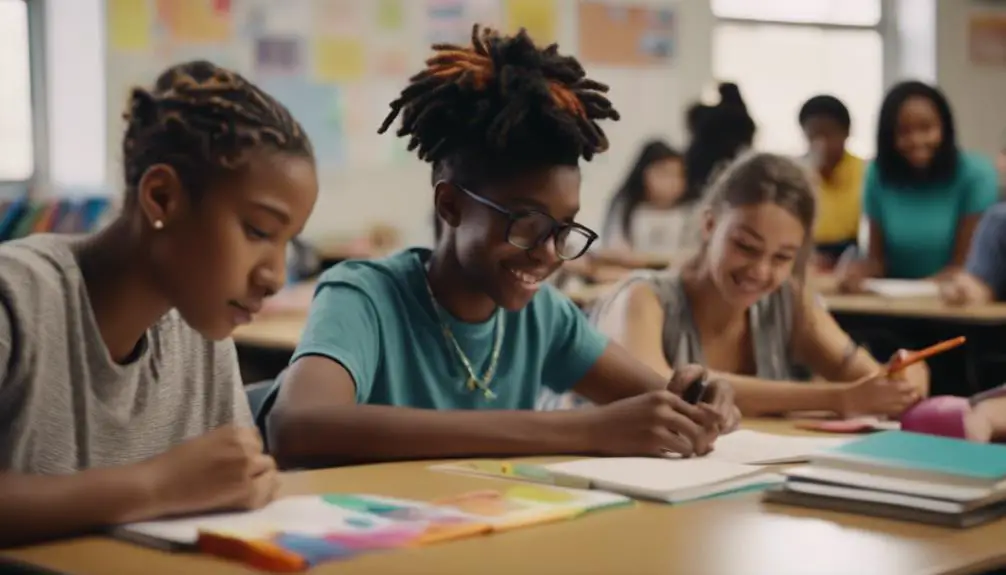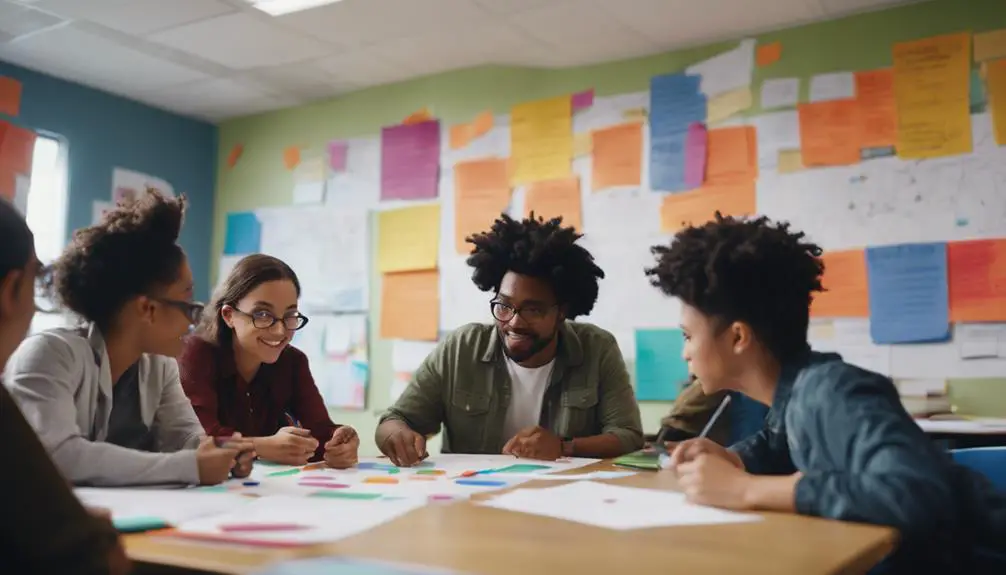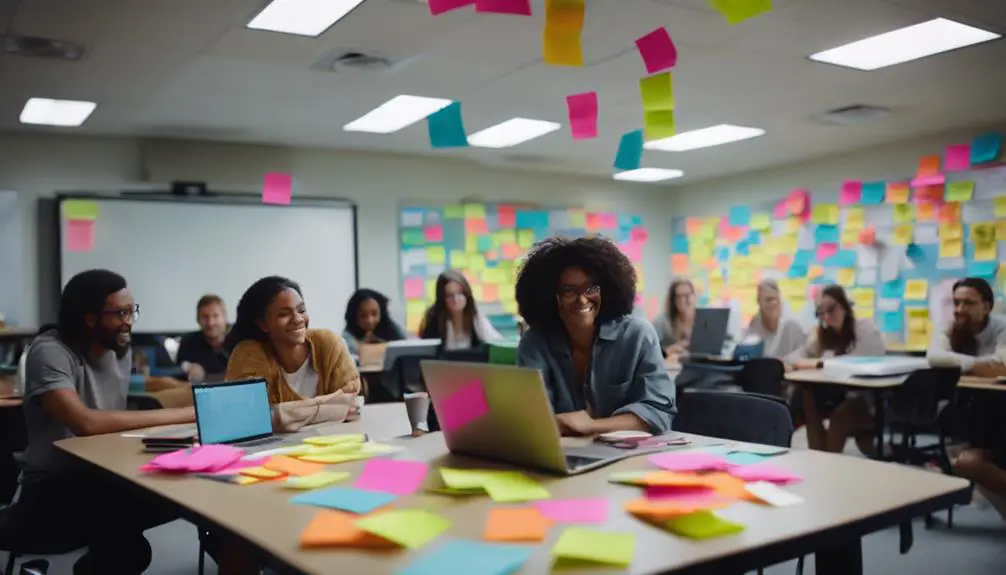In today’s world, it is all too common for students to make fun of one another. It can be a fun way to pass the time, but it can also be destructive. Sometimes, students take their jokes too far and hurt the feelings of others.
It is never easy to deal with a student who makes fun of other students. On the one hand, you want to encourage civility and discourage bullying. On the other hand, you don’t want to be too harsh or put your student in a difficult position.
However, there are some things that can be done to help the situation. First, it is important to talk to the student who is making fun of others. This can help to get them understand why their behavior is inappropriate. Next, it is important to talk to the students who are being made fun of. This can help them to feel supported and understood. Finally, it is important to create a safe and inclusive environment in which all students feel welcome. This can help reduce the chances of bullying behavior happening in the future.
In this article, we will discuss how to handle a student who makes fun of other students and the importance of preventing students from teasing each other in your classroom.
What is teasing?
Teasing is a type of behavior that can be found in many schools. It is when one student makes fun of another student. This can be done in a number of ways, such as making fun of their appearance, their intelligence, or the things they say. Teasing can be very hurtful to the students who are targeted.
Some students who tease others do it because they are trying to fit in with a group of friends. Others may do it because they enjoy seeing the other students react negatively. Whatever the reason may be, teasing is never okay. It can make school a very unpleasant place for everyone involved.
There are two main types of teasing: direct and indirect.
Direct teasing involves making fun of the person directly involved in the tease session. Indirect teasing involves making fun of someone who is not present during the tease session but who is associated with that person in some way (for example, by sharing a common interest or being from the same social group).
As a teacher, it is important to do what is best for your students and the school as a whole by controlling how students behave with each other. You must ensure that your classroom and the school are very welcoming and comfortable for students to learn in, and you can’t achieve this without modeling respectful behavior among students.
What Are the Effects of Teasing on Students?
According to one study, teasing can have a negative impact on both the teased and the teaser. Teasing can lead to feelings of embarrassment, insecurity, and inferiority in the teased student. It can also create a sense of social exclusion or isolation. In addition, teasing often leads to physical symptoms such as headaches and stomach aches.
The effects of teasing differ depending on whether it is direct or indirect. Direct teasing has more negative consequences than indirect teasing does. However, both forms have negative consequences.
1. The most significant negative consequence of direct teasing is that it can lead to feelings of humiliation and inadequacy. For indirect teasing, it can lead to feelings of exclusion or isolation from their peers. Additionally, both forms of teasing can lead to headaches and stomach aches.
2. Teasing can also cause students to act out in class. They may start to disrupt class or even skip school altogether. This can interfere with their academic success and future prospects.
3. Furthermore, teasing can also have long-term effects on students’ mental health. It can lead to anxiety, depression, and even suicide attempts.
10 Tips For Handling A Student Who Makes Fun Of Other Students
It can be tough to handle a student who makes fun of other students, but it’s important to do what’s best for the student and the class as a whole. Here are 10 tips for handling a student who makes fun of other students:
1. Don’t Ignore the Behavior.
If a student is making fun of others, it’s important to address it. Ignoring it will only make the behavior worse. In most cases, the best way to handle this situation is to have a conversation with the student about why they’re behaving this way and how their behavior is affecting those around them.
If that doesn’t work, then you may need to take some disciplinary action, such as suspension or expulsion from school.
2. Talk to the student one-on-one.
If you feel that the student is making fun of other students in a harmful or mean way, then it is important to talk to them about it.
This can be done in a number of ways, such as confronting them directly, discussing the issue with the higher authorities to talk to the student privately, or writing a report detailing the incident.
In some cases, speaking to the student may be enough to stop their behavior. However, if the behavior persists after talking to them, then you may need to take more action.
3. Address the Issue with the Whole Class.
It is important to address any behavior that undermines the classroom climate and makes learning difficult for others. In this particular instance, it is important to talk to the student about their behavior and why it is not appropriate. It is also important to remind them that making fun of others is not funny and can actually have a negative impact on their classmates.
If the student continues to make fun of others after talking to the student one-on-one, it’s important to address the issue with the class. This will help in conveying the message that such behavior is not acceptable.
Make sure the class takes a collective stand against this type of behavior, and make sure that everyone feels comfortable in the classroom.
4. Encourage Respect
It’s always important to encourage respect for one another in the school community. When students make fun of each other, it can lead to a lack of trust and confidence, which can have negative effects on the individual and the entire school community.
When you witness or are aware of behavior that is disrespectful or harmful, please take steps to address it. It may be helpful to speak with the student involved about his or her actions, as well as with any other students who may have been affected.
You can also remind them that they are responsible for their own actions and should not target others because they feel insecure or uncomfortable. By working together, we can create a community where everyone feels respected and valued.
5. Model Respectful Behavior
In order to maintain a positive and constructive learning environment, it is important to model respectful behavior. This means not only treating others with respect but also not ridiculing or making fun of others in an unkind manner.
While some students may feel the need to make fun of others in order to build social connections, this type of behavior is ultimately destructive and can have negative consequences for both the individual and the group.
It is important for all students to take care not to spread disrespectful words or actions, as this will only lead to conflict and negativity.
6. Do Not Laugh or Join In.
When a student makes fun of others, it can be demoralizing and hurtful. It’s important not to laugh or join in, as this will only encourage the behavior. Speak to the student about their behavior and ask them to stop. If they don’t stop, report the behavior to a teacher or administrator.
7. Establish a Zero Tolerance Policy
When it comes to student misconduct, it is important to have a clear and enforceable policy in place. A zero-tolerance policy should be in place for any type of misconduct, including making fun of other students.
This policy can help to prevent harmful and offensive behavior from happening and can help to ensure that all students feel safe and supported at school.
8. Set Boundaries
When a student makes fun of another student in any way, it can be hurtful and disruptive. It’s important to set boundaries for students who engage in this type of behavior so that all students feel safe and respected.
It’s also important to set boundaries for how far the student can go. This means that the student knows that there are lines he or she cannot cross.
Be firm but fair when setting boundaries. Remind the student that this behavior is unacceptable and that they need to stop immediately if they want to remain part of your class or team.
9. Seek Professional Help if Behavior Persists
If the student persists in making fun of other students, it may be time to seek professional help. This can be done through a therapist or counselor who can help the student learn how to handle and cope with emotions in a healthy way.
Everyone feels emotions differently, so it’s important to keep in mind that what works for one person may not really work for another. If the behavior continues after trying these measures, then it may be necessary to take additional action as outlined in our student code of conduct.
10. Follow Up to Make Sure the Behavior Has Stopped.
If you have noticed that one of your students is making fun of other students, it is important to take action. Make sure to follow up with the student to make sure the behavior has stopped. This will help ensure that the issue is resolved.
It can be tough to stand up to a student who is making fun of others, but it is important to do something about it. If you do not address the issue, it may continue and eventually become more serious.
By following up with the student, you can help ensure that they understand that their behavior is not acceptable and that they will be held accountable.
The Importance of Preventing Teasing in the Classroom
As a teacher, it is important to be able to handle students who make fun of other students. This can be done by setting clear expectations and boundaries for behavior in the classroom. It is also important to teach students how to deal with teasing and how to respond if they are being teased. This can help make the classroom a more positive and safe environment for all students. Here are the benefits of preventing students from making fun of other students:
1. Students will learn to respect one another and not tease one another.
2. Students will be less likely to act out in class when they know that teasing is not tolerated.
3. Students will be more engaged in class and learn more effectively.
4. Teasing will not be a way to get revenge or bully someone else.
5. Teasing will not develop into an all-out fistfight between students.
6. Teasing will not lead to any ill feelings between students.
7. Teachers will have fewer problems with student discipline and school-wide behavior issues.
8. Teasing will not lead to any injuries or alter the way that students interact with each other.
Final Thoughts
When it comes to handling students who make fun of other students, context is key. If the student knows the person being made fun of, the situation can be handled in a more constructive way. However, if the student does not know the person being made fun of, it may be best to stay silent and let them know that such behavior is not acceptable. In either case, it is important to remind students that they are expected to treat one another with respect.
It is important to handle students who make fun of other students in a sensitive and effective way. This will help to create a safe and welcoming learning environment for all students. Thank you for your time!

